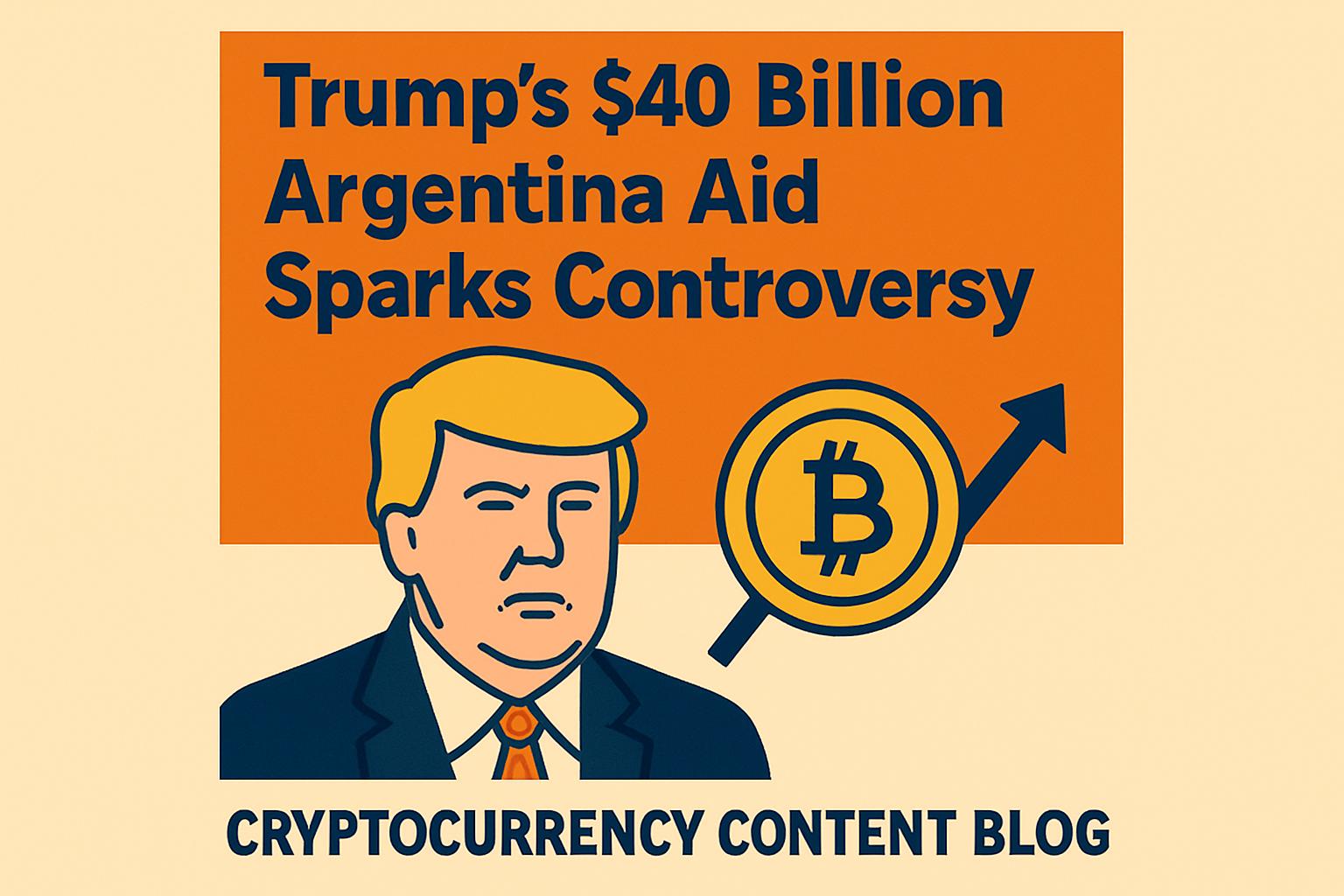In a recent political whirlwind, former U.S. President Donald Trump has announced a controversial $40 billion aid package to Argentina, aiming to support its right-wing President Javier Milei. This move, however, has ignited a firestorm of criticism both domestically and internationally, raising questions about the priorities of American foreign assistance.
The Financial Lifeline to Argentina
As reported by reputable sources, including Reuters, the U.S. Treasury is negotiating with major financial institutions such as JPMorgan, Bank of America, Goldman Sachs, and Citigroup, to orchestrate a $20 billion loan to Argentina. Simultaneously, the Treasury plans to initiate a $20 billion currency swap to stabilize the Argentine peso. This substantial financial package is positioned as a measure to support Argentina’s economic reforms and bolster liquidity.
Domestic Repercussions and Political Divisions
Critics, including prominent Democratic Senator Elizabeth Warren, have openly criticized this international aid package, arguing it contradicts America’s immediate domestic needs. With rising healthcare costs and living expenses adding pressure on the American populace, Warren questions the administration’s priorities. She highlights the irony of exporting massive funds overseas while essential domestic issues remain unsolved.
It’s not just Democrats who express concern. Republican Senator Chuck Grassley has also voiced his opposition, underscoring the competitive dynamics between American and Argentine soybean exporters. Grassley perceives the financial aid to Argentina as detrimental to U.S. agricultural interests, affected by economic decisions influenced by global markets and competitors like China.
Defending the Strategic Shift
Defending his administration’s decision, Trump emphasizes the strategic value of supporting likeminded governments in Latin America. He argues this isn’t a deviation from America First policies, but rather a strategic alignment aimed at fostering stability and economic growth in key regions. Trump’s rhetoric suggests a broader geopolitical strategy, counterbalancing influences perceived as detrimental to Western economic philosophies.
U.S. Treasury Secretary Scott Bessent supports this stance, criticizing previous administrations for neglecting center-right governments in South America. Bessent expresses optimism about Milei’s potential success in Argentina’s upcoming elections, expecting continued advancement of market reforms.
The Balance of Global Influence
This aid package highlights the intricate dance of international politics, where financial support often intertwines with ideological alignment. As Latin America grapples with economic volatility and political shifts, Trump’s engagement reflects a calculative move to sustain vigilant friendships in regions pivotal to the global chessboard. While criticism mounts at home, supporters argue that such policies might yield long-term benefits that transcend immediate fiscal debates.
For Milei, Trump’s backing embodies ideological coherence, drawing inspiration from the “Make America Great Again” doctrine. The Argentine leader welcomes Trump’s assistance as a bulwark against socialist momentum in Latin America, renaming the initiative to suit Argentina’s context.
As the debate unfolds, the world watches keenly, weighing the implications of economic interventions and their impact on both domestic fronts and international alliances. Whether the aid consolidates US influence or stirs further controversy, it undeniably emphasizes the intricate ties binding global financial and political landscapes.

![[News] Bitcoin at a Turning Point? 10x Research Signals a Bullish Macro Shift Ahead](https://cryptoexplores.com/wp-content/uploads/2025/06/new20250616.jpg)
![[News] Binance Lists $HOME, the Gas-Free, Bridge-Free All-in-One DeFi App](https://cryptoexplores.com/wp-content/uploads/2025/06/news20250617.jpg)